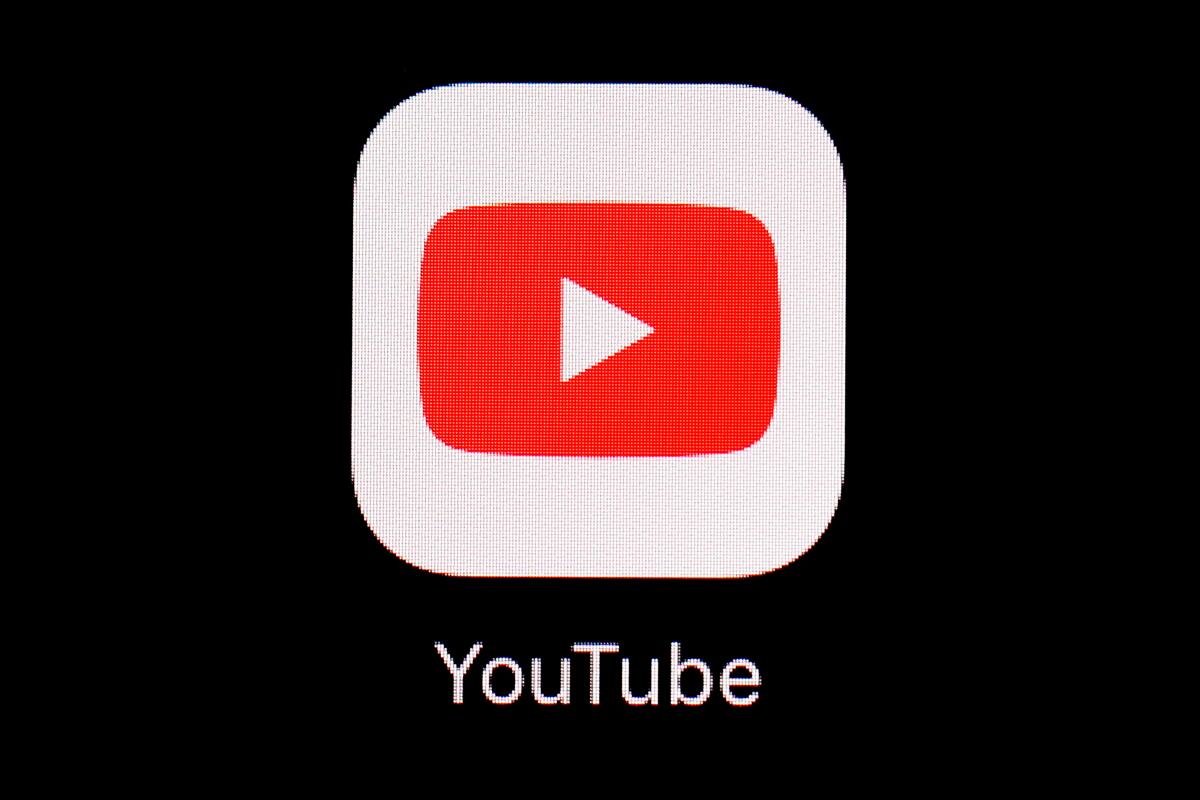YouTube and Universal Music team up to experiment with AI

- Share via
YouTube is partnering with Universal Music Group and a number of artists, including singer Rosanne Cash and producer Don Was, to experiment with artificial intelligence in the music business.
The newly formed Music AI Incubator, which includes other partners such as rapper Yo Gatti and the estate of singer Frank Sinatra, will explore and offer feedback on AI-related tools with the goal of getting more artists involved with the technology, Universal Chief Executive Lucian Grainge said in a blog post Monday.
YouTube Chief Executive Neal Molan underscored in his own post that the streaming video giant intends to enforce copyrights and monitor its service for unauthorized use of an artist’s voice. AI-generated videos on YouTube were viewed more than 1.7 billion times this year alone. The goal of the incubator is to find ways for performers to profit from the new technology.
“We’re eager to further build on our focus of helping artists and creators make money on YouTube and will continue to do so in collaboration with our partners,” Molan said.
The recent explosion in generative AI tools has prompted concern that creators’ work could be used to generate new songs without proper licensing or attribution. This spring, a song featuring the AI-generated voices of Drake and The Weeknd was pulled by streaming services after it went viral online. The song was viewed more than 8.5 million times on TikTok and listened to more than a quarter of a million times on Spotify before it was taken down.
Record labels have since moved quickly in response to the perceived threat to their catalogs. In April, Universal Music told streaming platforms they must prevent AI services from using the music to produce unlicensed content that sounds like the artists it represents, according to emails first seen by the Financial Times.
Grainge previously warned of a “flood of unwanted content on platforms” and “rights issues with respect to existing copyright law” if the development of AI is left unchecked.
The YouTube partnership reinforces the perception that the label is taking a proactive approach to manage AI-related risks. Earlier in the year, Universal signed a deal with sound wellness company Endel that allows its artists and labels to use Endel’s AI technology to create mood music soundscapes.
Setting out the three key principles of its approach to AI, YouTube said “generative AI systems may amplify current challenges like trademark and copyright abuse, misinformation, spam, and more. But AI can also be used to identify this sort of content.”
The video-sharing platform said it would commit to further investment in AI-powered technology to help protect its community of viewers, creators, artists and songwriters.
Some in the industry have wholeheartedly embraced the technology. Canadian singer Grimes made headlines in May when she announced that she was happy to have anyone use her voice to make a song with AI and would even share half the royalties with them.
Analysts have expressed optimism about the future possibilities of AI in music production. AI could be an opportunity for the music industry, provided it can be controlled, Goldman Sachs analysts said in a research note in June.
“The largest owners of proprietary IP are best positioned to leverage the technology and protect their IP,” they said.
Citigroup analysts also said the production of a new Beatles song using artificial intelligence shows the technology presents opportunities, not just risks, for companies such as Universal Music, letting them “sweat” historic assets harder.
YouTube said it would share more details about specific technologies, monetization opportunities and policies related to AI in the months ahead.






